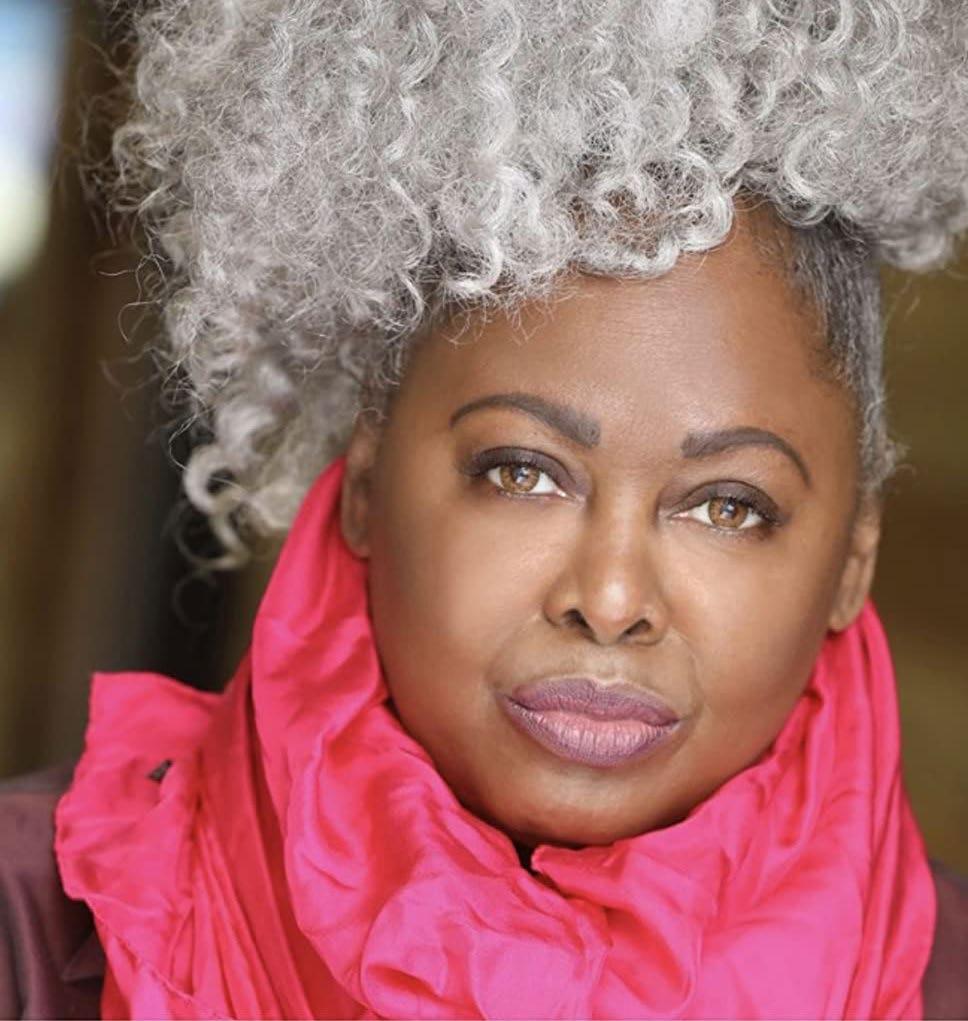
5 minute read
100 YEARS OF SERVICE AND
100 YEARS OF SERVICE AND SACRIFICE
As we mark 100 years of the coming together of some of Britain’s oldest Remembrance traditions, the Royal British Legion is marking the service and sacrifice of the hundreds and thousands of men and women of African or Caribbean origin or descent, from Britain and the Commonwealth. We will be sharing over 100 stories over ten weeks up until the end of Black History Month on a dedicated page on the Black History Month website.
“How important it is for us to recognize and celebrate our heroes and she-roes” Maya Angelo
The Royal British Legion (RBL) is dedicated to ensuring the Remembrance of the service and sacrifice of all those that have done so much to defend Britain’s democratic freedoms and way of life. Remembrance is not about glorifying war and its symbol, the red poppy, is a sign of both Remembrance and hope for a peaceful future. This idea of Remembrance is shared in all our online learning resources, which are free to download from rbl.org.uk/TeachingRemembrance.
As a country Britain is united by a shared history of service and sacrifice, communities up and down the country, across faiths, cultures, and backgrounds, have since the First World War, and in some cases before, have served as part of, or alongside, Britain’s Armed Forces. We firmly believe that Remembrance should be an opportunity for people and communities to come together to remember that shared heritage.
In our acts of Remembrance, the RBL remembers the breadth of contributions and the diversity of the service and sacrifices made, we remember;

• The sacrifice of the Armed Forces community from Britain and the Commonwealth. • Pays tribute to the special contribution of families and of the emergency services. • Acknowledges the innocent civilians who have lost their lives in conflict and acts of terrorism.
From the fields of Flanders in the First World War to the jungles of Burma in the Second World War, from the mountains of Afghanistan and the desserts of Iraq, across seas, oceans and skies, to the streets and hospitals of Britain, black men and women have served, and continue to serve, with courage, honour and compassion. We hope that the stories of this service will help highlight what so many have given over the last 100 years and demonstrate that across Britain’s Armed Forces and emergency services, the vital role played by black men and women goes on.
Our Stories for Black History Month The story of Black British and Black African and Caribbean service and sacrifice is one that we
LEFT: London, UK. 22nd June, 2017. African, Caribbean war veterans memorial to hundreds of thousands of soldiers from African and Caribbean nations who served with British, U.S. and allied forces in the two World Wars was unveiled in Windrush square, Brixton. The Nubian Jak Community Trust, which conceived the memorial, said it aimed to ensure “a lasting legacy honouring the contribution made by African and Caribbean military servicemen and women.

MAIN PIC: A Royal Air Force personell stands in front of African, Caribbean war veterans memorial to hundreds of thousands of soldiers from African and Caribbean nations who served with British, U.S. and allied forces in the two World Wars after it was unveiled in Windrush square, Brixton. The Nubian Jak Community Trust, which conceived the memorial, said it aimed to ensure “a lasting legacy honouring the contribution made by African and Caribbean military servicemen and women. An NHS staff member wearing a protective mask poses for a portrait on the Auchi ward in Hammersmith Hospital in London during the coronavirus crisis Soldiers from Jamaica during the First World War. Royal Engineers on the left and Infantry on the right. Date: 1914


Many of our blue blood blacks died for the establishment. I know it because I buried several in Oxford, so many of our young Jamaicans, and West Indians, contributed immensely to Britain’s war effort. It should be remembered at all times.It should never be forgotten. HUBERT ‘BARON’ BAKER
We were so well mixed with the people of this country, even though we had different race and different colour. Nobody worried that you were black or you were white. We were just one people during them times. Things changed after the war. ALBERT JARRETT
The spirit of the war is that we were all fighting to win.
NORMA BEST
The mother country is at war. Go. And if you survive, you will not regret it.
SAM KING’S MOTHER
are keen to share, a story of men and women who have done so much in defence of Britain and in protecting all our citizens. A story that is replete with stories of bravery and courage, as epitomised by Victoria Cross winner Johnson Beharry.
Each week for ten weeks we will be sharing new stories of men and women who served in the First and Second World Wars and who served, and continue to serve, thereafter. These individuals came from throughout Britain and the Commonwealth, served across the Army, Royal Navy, RAF, or emergency services, each in their own way, giving their today for our tomorrow.
The stories and experiences we will be sharing are the threads that tie individuals, families, and communities together in our common shared heritage, they shine a light on the immense contribution made by black men and women over centuries in fighting for, rebuilding, healing, protecting and securing Britain even at times when British society has been slow to appreciate it.
To read all the Stories please visit www.blackhistorymonth.org.uk/section/ 100-years-of-service-and-sacrifice/










